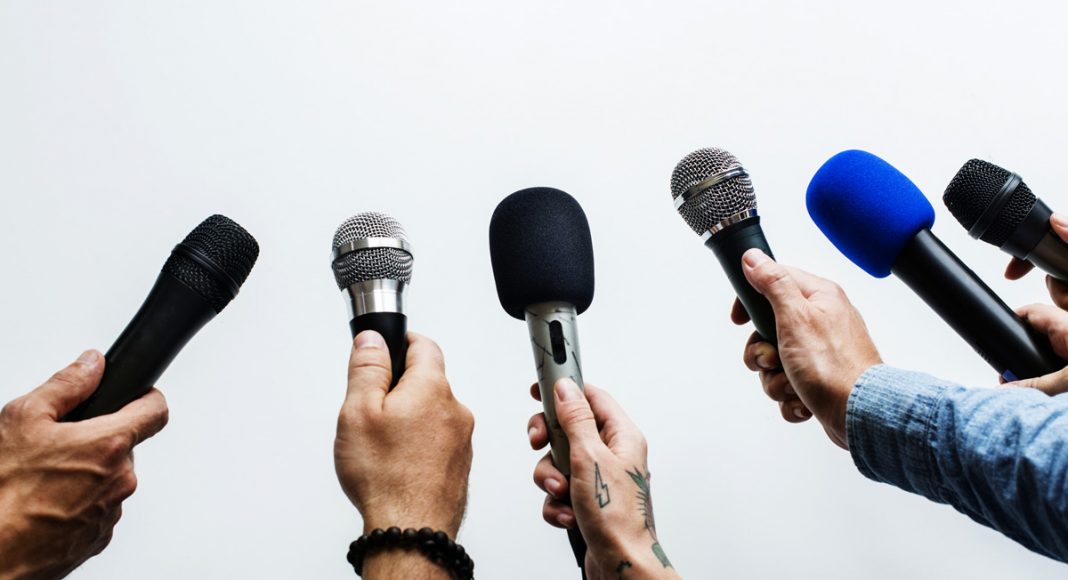Listening to the sound of your own voice is right up there with seeing yourself on television. For some, it’s even worse. As much time as we spend with ourselves each day, it’s still jarring when we hear ourselves speak. When we hear a recording of ourselves, many of us immediately want to know, “Is that really what I sound like?” None of us want to hear the answer.
According to vocal researcher at MIT Rébecca Kleinberger, it’s all about filters. Even though our ears are close to our mouths, the sound we emit is filtered differently for us then it is for someone else. Kleinberger tells INSIDER:
When you hear other people talk, or when people hear you talking, the sound is transmitted through air, which has its own way of filtering sounds. This means if I look at the spectrum of my voice when it leaves my lips when it arrives in your ear — it’s slightly different. If you are further away the sounds is less loud and it would sound different underwater for example.
She explains that when you hear your own voice, the bone filters out some of the higher frequencies and keeps more of the low ones, so you’re almost hearing yourself more musically harmoniously than other people hear it.
RELATED: Dog Relaxation Videos Are Your New Favorite Thing
What’s fascinating is that Kleinberger says we usually only hate our voice if we know it’s ours. In fact, according to INSIDER, in one study, subjects rated their own voice more attractive than other people did.
“But as soon as they knew it was their voice they rated it way lower,” said Kleinberger. “So somehow we don’t dislike our voice, we only dislike it when we realize it’s our voice.”
Another reason we might hate our voice: it can tell a lot about us — our mental state, our emotional state and self confidence. And who wants to hear all that?


